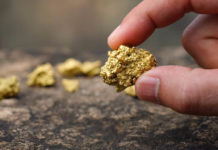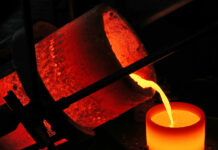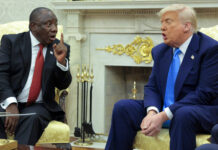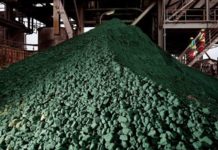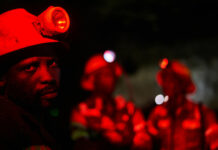
THE Democratic Republic of Congo’s mines ministry has prolonged a prohibition on mineral trading from dozens of artisanal operations in its conflict-affected eastern provinces for a further six months, Reuters reported on Monday.
Minister Louis Watum Kabamba signed the order on 3 November, maintaining restrictions first imposed in February across 38 sites in Masisi territory in North Kivu and Kalehe territory in South Kivu. The ministry published the directive on social media on Sunday.
Officials cited evidence that illicit mineral flows from these operations continue financing armed groups operating in the region. The sites produce coltan, cassiterite and wolframite, which yield tantalum, tin and tungsten – critical materials for electronics, automotive and aerospace manufacturers.
The extension increases compliance challenges for international supply chains sourcing these strategic minerals. Rwanda-backed M23 rebels alongside other armed factions control substantial areas of the mineral-rich eastern territories. This year’s M23 campaign has resulted in thousands of deaths and displaced hundreds of thousands of residents.
United Nations experts and human rights organisations have long identified mineral wealth as a key driver of eastern Congo’s violence, with combatants exploiting coltan, cassiterite and gold deposits to fund their activities. A December 2024 UN report concluded that revenues from smuggled minerals were financing military operations and perpetuating a war economy.
The ministerial order bans sourcing and exports from the designated sites, which may undergo independent audits by Congolese authorities, UN bodies or the OECD.
Last year, Congo filed criminal complaints in France and Belgium against Apple subsidiaries, alleging their supply chains incorporated pillaged conflict minerals. Apple rejected the accusations and stated it had instructed suppliers to cease purchases from Congo and Rwanda.



